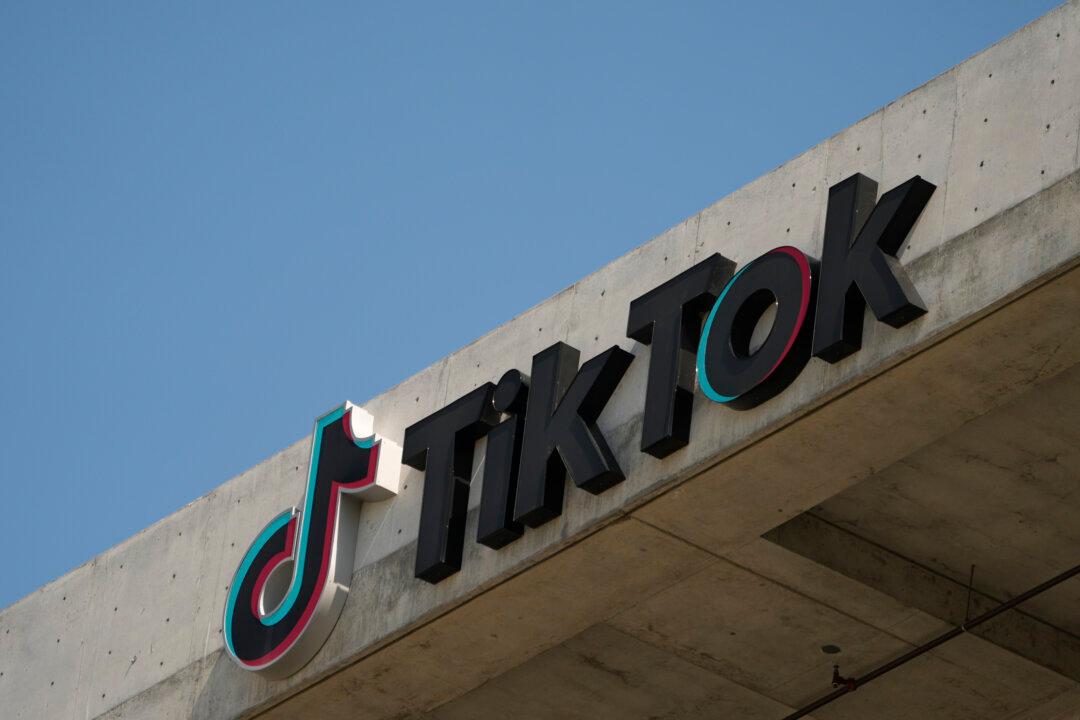The Federal Trade Commission (FTC) on June 18 referred a complaint against TikTok and its parent company, ByteDance, to the Department of Justice (DOJ), stating that an investigation gave them “reason to believe” that possible violations of the law were occurring or were about to occur.
The investigation began in connection with the FTC’s order compliance review of social media platform Musical.ly after a settlement was reached over alleged violations of the Children’s Online Privacy Protection Act (COPPA). ByteDance, a Chinese company, acquired Musical.ly in 2017 and merged it with TikTok in 2018.





